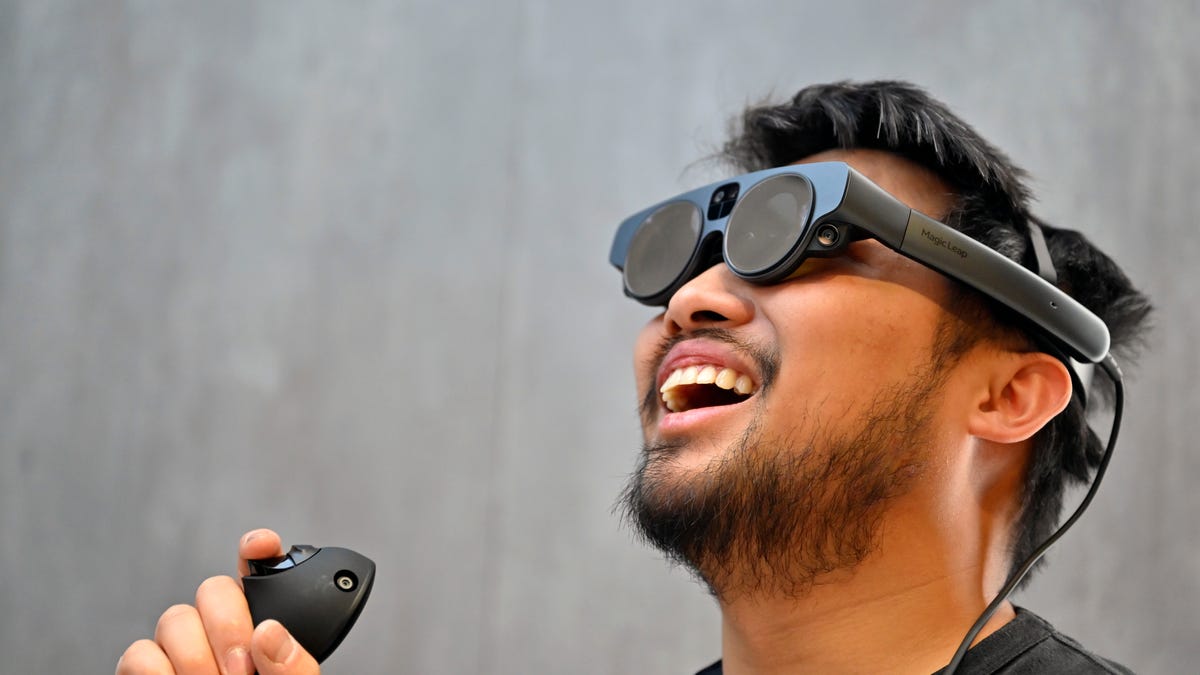After some not-so-successful attempts at making smart glasses, Google seems to be taking another shot through a partnership with augmented reality headset company Magic Leap.
The partnership aims to “combine Magic Leap Augmented Reality (AR) expertise and optics leadership” with Google’s tech to develop AR solutions and experiences, Magic Leap said in a statement.
“This partnership accelerates the transformative power of AR by combining our extensive optics capabilities with Google’s technologies to continue to advance immersive experiences to the developer ecosystem and for customers,” Julie Larson-Green, chief technology officer at Magic Leap, said in the statement. She added that the company is “looking forward to expanding the potential of XR,” or extended reality, which includes AR, virtual reality, and mixed reality.
Larson-Green told Reuters that while Magic Leap has been bringing different versions of AR devices to market, its tech giant partner “has a long history of platforms thinking.” Magic Leap already counts Google as one of its investors, but is majority owned by Saudi Arabia’s Public Investment Fund, according to Crunchbase.
Larson-Green also told the publication the AR company has plans for the “cool AI tie-ins” with AR that Google announced during its I/O developer conference earlier this month. Google DeepMind CEO Demis Hassabis unveiled a prototype of the company’s new AI assistant that can “see” through a user’s phone or smart glasses.
Meanwhile, Google plans to “bring a wider range of immersive experiences to market,” through the partnership, Shahram Izadi, vice president and general manager of AR/XR at Google, said in a statement. “By combining efforts, we can foster the future of the XR ecosystem with unique and innovative product offerings.” However, the company cut a majority of its AR team during layoffs in January.

